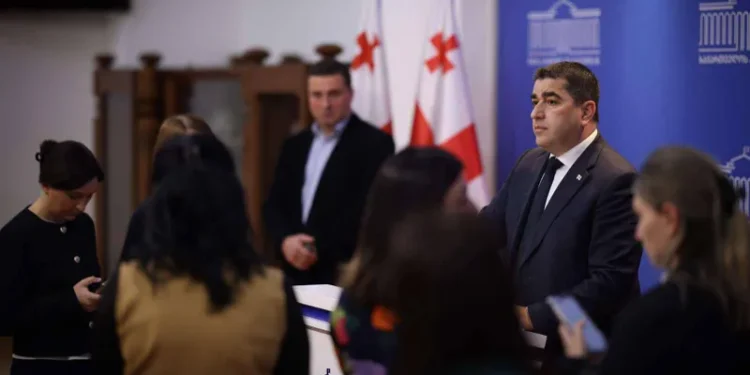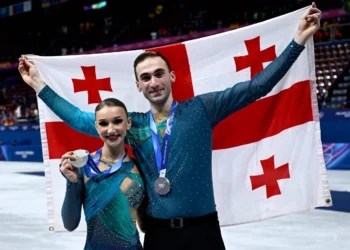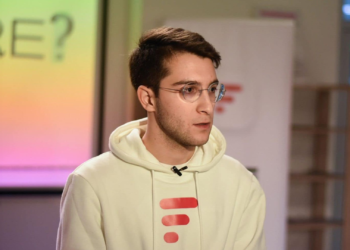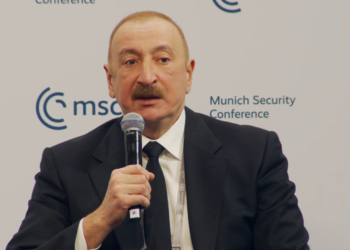The ruling Georgian Dream party does not plan, at this stage, to appeal to the Constitutional Court with a request to prohibit the political activities of specific individuals. Parliament Speaker Shalva Papuashvili made the statement during a press briefing in Parliament.
Papuashvili claimed that existing legislation already provides a “flexible mechanism” to restrict the political involvement of persons who may be linked to organizations banned under constitutional grounds.
“At this stage, we do not have a lawsuit concerning individuals, because the instrument related to a successor party offers broader opportunities to prevent unconstitutional political activities by those connected to banned parties,” Papuashvili said. “It is a more flexible and comprehensive mechanism than submitting a list of specific individuals. We have preferred to follow this approach for now.”
Papuashvili emphasized that the government would continue monitoring developments and would use all legal tools to ensure that political activities deemed unconstitutional do not continue under new organizational structures.
Recent amendments to Georgian legislation allow authorities to restrict or terminate the activities of political parties deemed to act against the country’s constitutional order. The law also introduces the concept of a “successor party,” enabling courts to block individuals associated with a banned party from resuming political activities under a new organizational name.
The changes have sparked strong criticism from opposition parties and civil society groups, who argue that the ruling Georgian Dream party may use these mechanisms to target political opponents. Government officials maintain that the measures are necessary to prevent anti-constitutional, foreign-influenced, or extremist political activities.














